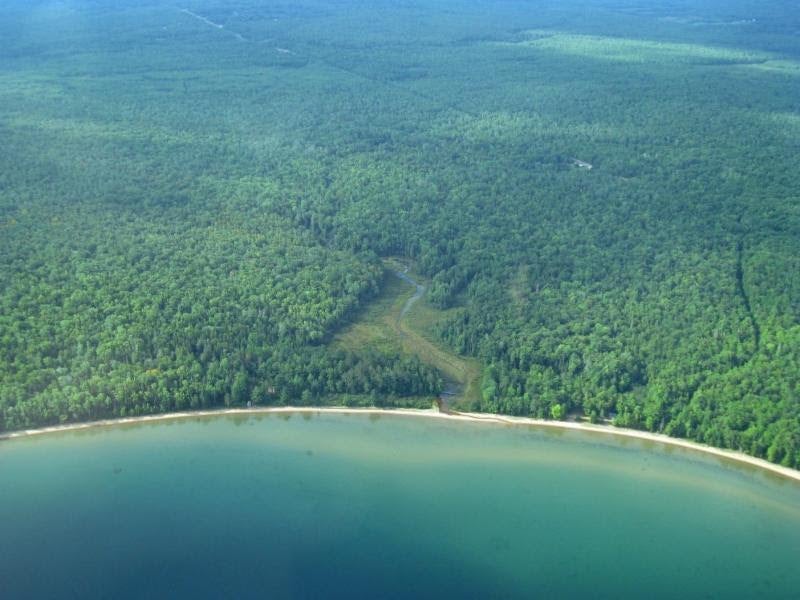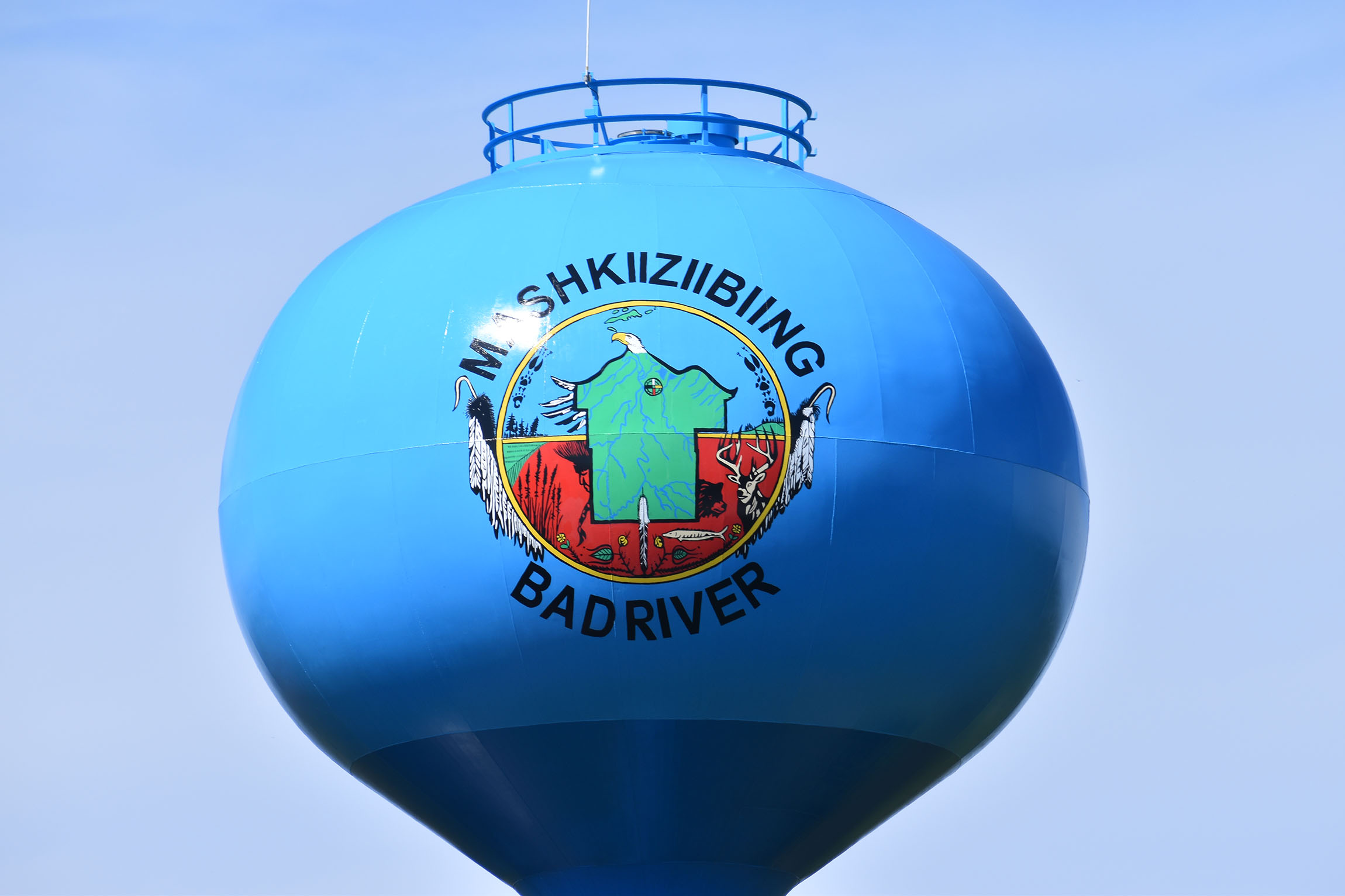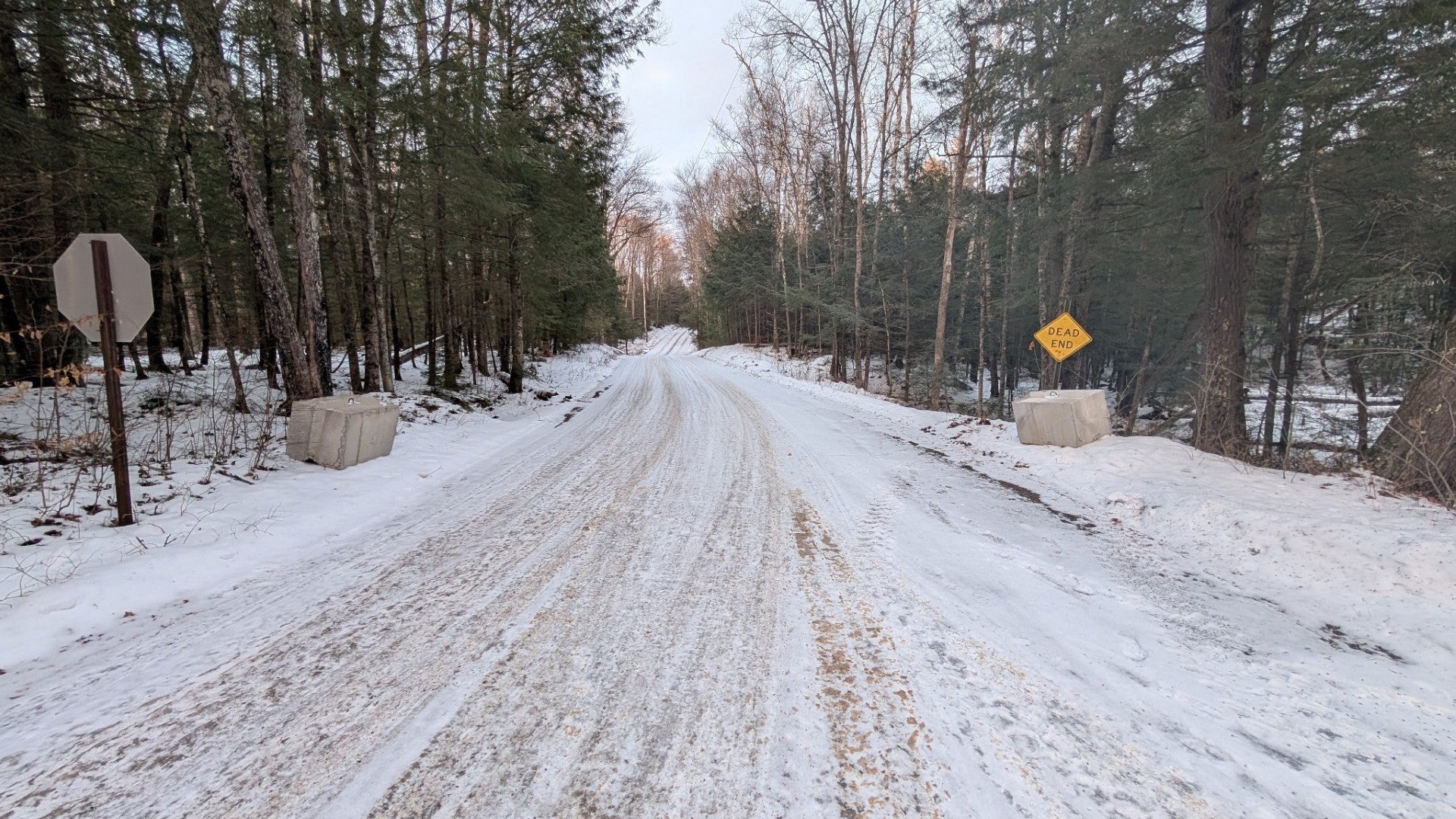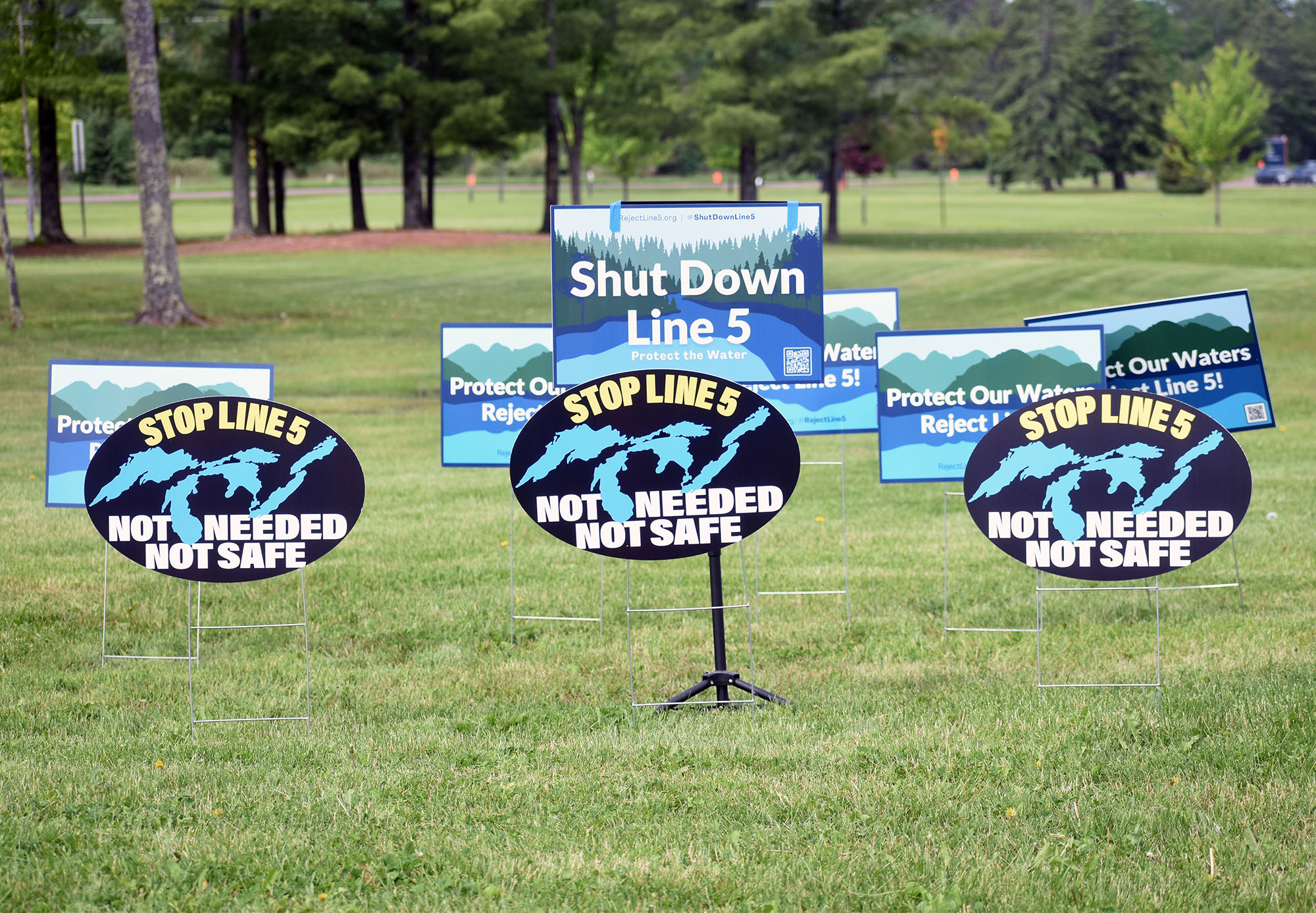Northern Wisconsin tribes on Lake Superior have purchased land that will be added to their reservations using money from federal programs.
In the last year, the Bad River Band of Lake Superior Chippewa has restored 3,492 acres on the reservation to tribal ownership. The tribe has secured primary ownership in the land by making purchase offers to individual landowners using money through the Land Buy-Back Program under the U.S. Department of the Interior.
The program was established to address the fractionation of land as part of the $3.4 billion Cobell Settlement. The Cobell v. Salazar case was a class action lawsuit that accused the federal government of mismanaging trust funds for Native American landowners.
Stay informed on the latest news
Sign up for WPR’s email newsletter.
The Bad River tribe has used about $3 million to buy ownership of lands that had been divided as a result of the General Allotment Act passed in 1887. Tribal Chairman Robert Blanchard said it’s important for members to maintain their homeland.
“We hunt. We fish. We collect our medicines. We’re caretakers of this land so it’s very important to our people to be able to have that,” he said. “It’s something we’ll always have.”
The General Allotment Act, also known as the Dawes Act, divided ownership of reservation lands among individual tribal members as part of efforts to encourage assimilation into a changing society. The policy was also driven by desires to see tribal lands used for mining, forestry and industry. The practice ended in 1934, but not before around 90 million of acres fell out tribal ownership.
Blanchard said the land that’s been returned to tribal ownership will be preserved as wilderness or other suitable uses for tribal members.
“I think it could be used for other things like maybe housing if there are places out there that are fit to have houses built on them because we have a lot of wetlands,” Blanchard said. “If we can use it for that, we’ll use it for that or to help our tribe in some way.”
About 3,700 landowners with fractional interests on reservation lands received $6.6 million in purchase offers through the Land Buy-Back Program last fall. More than 1,000 landowners have accepted offers through June this year.
The Red Cliff Band of Lake Superior Chippewa has also secured 87 acres of land that will be added to the nation’s first tribal national park. The U.S. Environmental Protection Agency awarded the tribe $959,000 in Great Lakes Restoration Initiative funds to purchase the land for Frog Bay Tribal National Park.
Former Red Cliff Tribal Chairman Bryan Bainbridge said the land acquisition is part of the tribe’s goal to repatriate lands.
“This will be here forever and that’s important. It’s something now that will never be lost,” Bainbridge said. “We can bring our children, our families, get our elders down there and just live life the way we’re supposed to.”
The land purchase is also part of a larger effort to preserve coastal wetlands on Lake Superior. The land includes the Frog Bay Estuary on Lake Superior and 40 acres of wetlands, as well as about a half-mile of undeveloped lakefront. Around 295 acres will be permanently protected in the Frog Creek watershed, according to the tribe.
An EPA spokesperson said the land deal is part of a multi-agency effort to protect 10,000 acres of coastal wetlands on the south shore of Lake Superior that are vital for native fish and wild rice beds.
The recently completed land purchase doubles the size of Frog Bay Tribal National Park, which was opened to the public in 2012.
The Red Cliff tribe has also purchased more than 100 acres of land from the Wisconsin Department of Natural Resources and Bayfield County in the last six months.
Wisconsin Public Radio, © Copyright 2025, Board of Regents of the University of Wisconsin System and Wisconsin Educational Communications Board.





